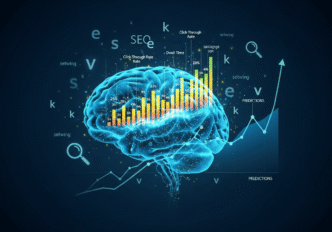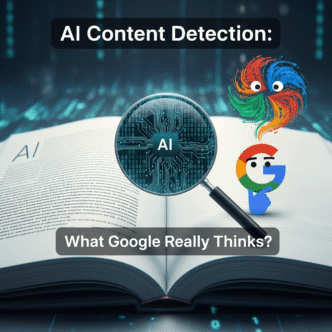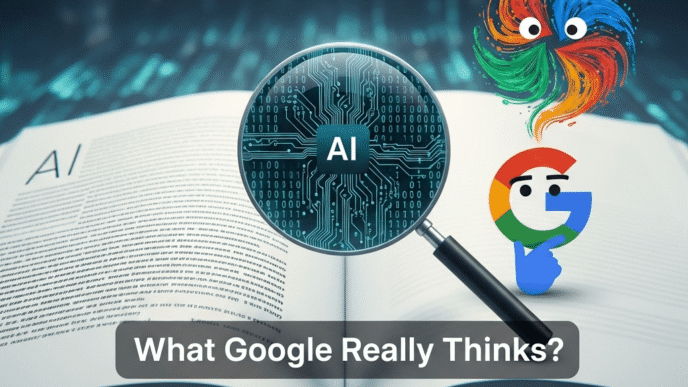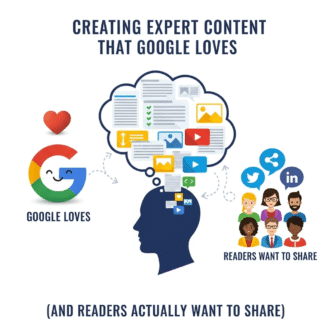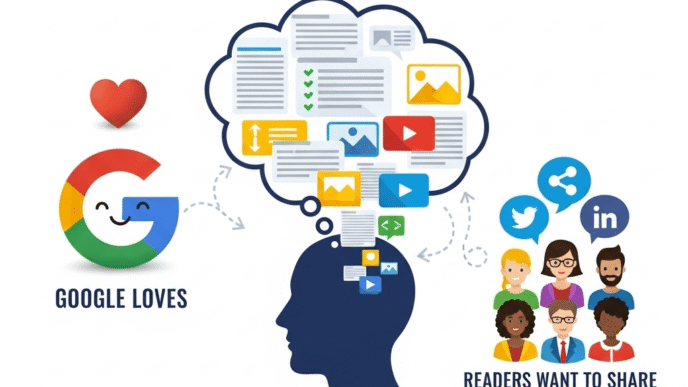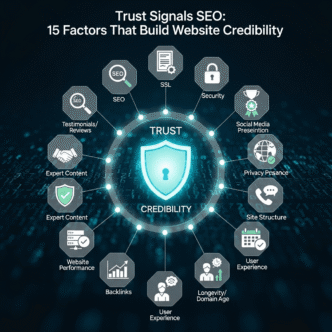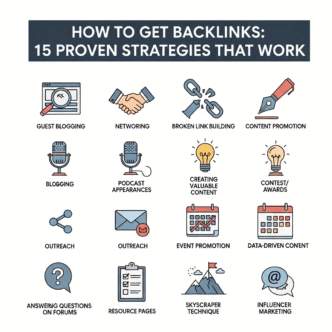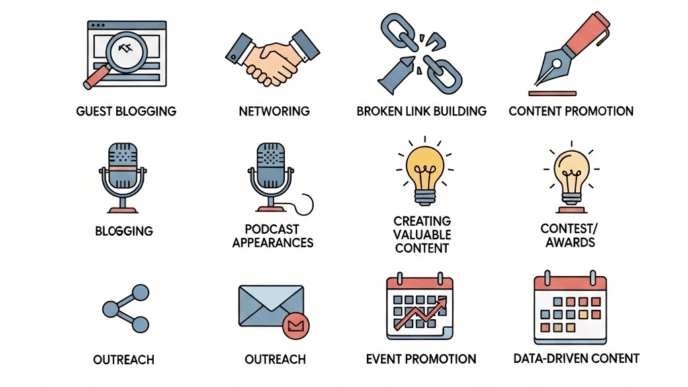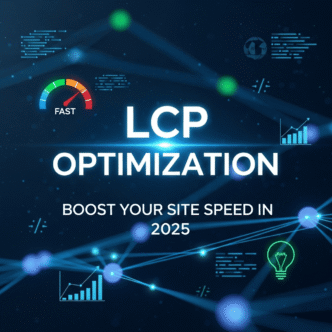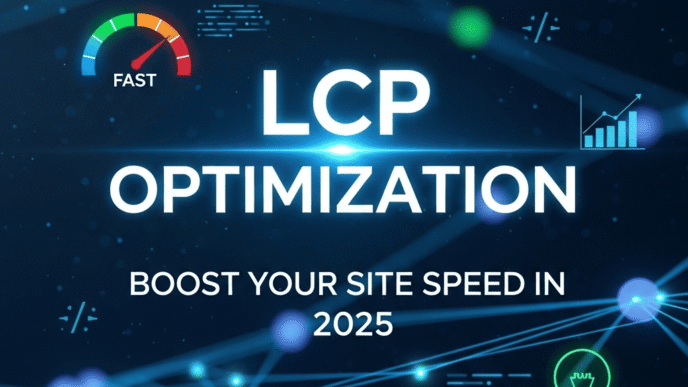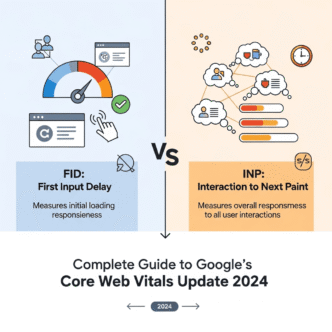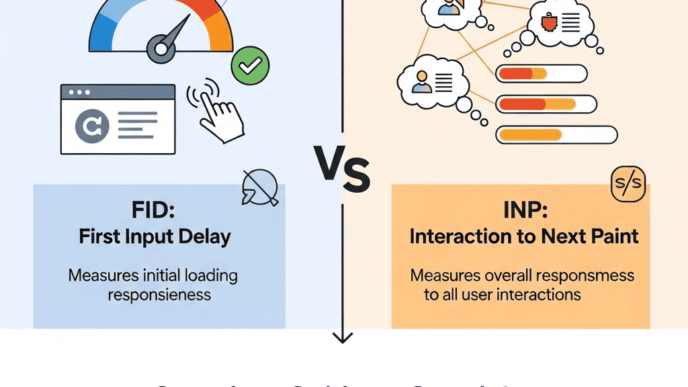Lorem ipsum dolor sit amet, consectetur adipiscing elit. Ut elit tellus, luctus nec ullamcorper mattis, pulvinar dapibus leo.
Ever felt like you’re playing a guessing game with your keyword strategy? One minute you think you’ve nailed what your audience wants, the next minute your rankings tank because you completely missed the mark.
Here’s the plot twist: AI keyword prediction isn’t some futuristic fantasy anymore. It’s happening right now, and it’s basically reading your users’ minds better than you ever could. While you’re still trying to decode what “best coffee maker” really means, AI is already three steps ahead, understanding that the person searching probably wants a specific price range, brewing method, and kitchen counter size.
Welcome to the era where machines understand human intent better than humans do. Buckle up – we’re about to dive into how AI is revolutionizing the way we predict, understand, and target what users actually want to find.
AI Keyword Prediction: 2025 Statistics Dashboard
Interactive data visualization of AI's impact on SEO and keyword research
2024
2033
Key AI Keyword Prediction Statistics
Table of Contents
ToggleWhat Exactly Is AI Keyword Prediction and Why Should You Care?
AI keyword prediction is like having a crystal ball for search behavior, except it’s powered by machine learning algorithms instead of mystical powers. It analyzes massive datasets of search patterns, user behavior, and contextual signals to predict what people will search for before they even know they want to search for it.
Think of it as the difference between a fortune teller and a meteorologist. One makes wild guesses based on tea leaves, the other uses sophisticated data analysis to predict what’s coming. AI-powered keyword research falls firmly in the meteorologist category.
Here’s what makes AI keyword prediction revolutionary:
- Predictive search intent analysis that goes beyond simple keyword matching
- Real-time trend identification before they become mainstream
- Semantic keyword understanding that grasps context and meaning
- User behavior prediction models that anticipate future search patterns
How Does AI Actually Read Users’ Minds Through Search Data?
The magic happens through something called natural language processing for SEO combined with behavioral pattern recognition. AI doesn’t actually read minds (yet), but it does something arguably more powerful – it reads the digital breadcrumbs users leave behind.
Every search tells a story:
- Time of day and device used reveal context
- Previous search history shows the user’s journey
- Click patterns indicate satisfaction or frustration
- Dwell time reveals content quality perception
The AI connects these dots faster than any human could. When someone searches “running shoes,” AI instantly considers hundreds of variables: their location (trail running vs. city streets), previous searches (marathon training vs. casual jogging), time of year (winter gear vs. summer breathability), and even their browsing device (mobile suggests immediate need, desktop suggests research mode).
Real-world example: Google’s RankBrain processes 15% of daily searches that have never been seen before. It doesn’t panic and throw random results – it uses machine learning keyword analysis to understand the intent behind completely new search queries by comparing them to similar patterns it has learned.
What Are the Main Types of AI Keyword Prediction Models?
Semantic Analysis Models
These AI systems understand that “cheap flights” and “budget airline tickets” mean essentially the same thing. They grasp synonyms, related concepts, and contextual meaning that traditional keyword tools miss completely.
Behavioral Prediction Algorithms
User intent prediction algorithms track how people move through their search journey. They notice that someone searching “laptop reviews” at 2 PM on a Tuesday is probably in research mode, while the same search at 9 PM on Sunday suggests they’re ready to buy.
Trend Forecasting Systems
These models spot emerging search patterns before they explode. Remember when “sourdough starter” searches skyrocketed during the pandemic? AI trend prediction for keywords would have caught that wave weeks before it peaked.
Comparison of AI Prediction Models
| Model Type | Accuracy Level | Best Use Case | Processing Speed | Learning Capability |
|---|---|---|---|---|
| Semantic Analysis | 85-92% | Content optimization | Fast | Continuous |
| Behavioral Prediction | 78-88% | User journey mapping | Medium | Adaptive |
| Trend Forecasting | 65-80% | Content planning | Slow | Progressive |
| Hybrid Models | 90-95% | Comprehensive strategy | Variable | Advanced |
Which AI Tools Actually Deliver Accurate Keyword Predictions?
Google’s Keyword Planner 2.0
Google’s revamped tool now uses AI-driven search forecasting to predict not just search volume, but seasonal variations, emerging trends, and related opportunity keywords. The catch? It’s primarily designed for advertisers, so organic SEO insights require some detective work.
Semrush’s Keyword Magic Tool with AI
This powerhouse combines traditional keyword data with intelligent keyword suggestions powered by machine learning. It doesn’t just show you what people search for – it predicts what they’ll search for next based on current trends and behaviors.
Ahrefs Keywords Explorer
Their predictive keyword analytics feature uses AI to identify keyword opportunities that most tools miss. It analyzes SERP features, competitor gaps, and user satisfaction signals to predict which keywords will become easier or harder to rank for.
Pro Tip: Don’t rely on a single AI tool for keyword prediction. Each algorithm has its strengths and blind spots. Use at least two different AI-powered tools and cross-reference their predictions for the most accurate insights.
Surfer SEO’s Content Editor
While primarily known for content optimization, Surfer’s AI analyzes top-ranking pages to predict which related keywords and topics you should include to maximize your chances of ranking.
Real-world case study: A SaaS company used Semrush’s AI predictions to identify that searches for “remote work productivity tools” were about to spike three months before the trend peaked. They created content early and captured 40% more organic traffic than competitors who waited for the trend to become obvious.
How Can You Implement AI Keyword Prediction in Your SEO Strategy?
Start with Intent Mapping
AI search intent analysis works best when you understand your user’s complete journey. Map out the different stages: awareness (problem recognition), consideration (solution research), and decision (ready to act).
Layer AI Predictions Over Traditional Research
Don’t throw away your existing keyword research – enhance it. Use automated keyword discovery to find gaps in your current strategy and opportunities you never considered.
Create Dynamic Content Calendars
AI-powered content planning means your editorial calendar adapts to predicted trends rather than reacting to them after they’ve already peaked.
Implementation Framework
Week 1-2: Data Gathering
- Set up AI tools and integrate with existing analytics
- Import current keyword lists for AI analysis
- Establish baseline performance metrics
Week 3-4: Pattern Analysis
- Let AI identify search behavior patterns
- Review predicted trending topics
- Cross-reference with competitor analysis
Week 5-6: Strategy Development
- Create content roadmap based on AI predictions
- Prioritize opportunities by potential impact
- Set up monitoring for predicted trends
Week 7+: Execution and Monitoring
- Implement AI-recommended optimizations
- Track prediction accuracy
- Refine strategy based on results
What Are the Biggest Mistakes People Make with AI Keyword Prediction?
Blindly Trusting Every AI Recommendation
AI is incredibly smart, but it’s not infallible. Automated SEO insights should inform your decisions, not replace your judgment entirely. I’ve seen businesses chase AI-predicted keywords that had zero relevance to their actual offerings.
Ignoring Search Volume Reality
Just because AI predicts a keyword will trend doesn’t mean it will have meaningful search volume for your business. A keyword might be “trending” from 10 searches to 50 searches – still not worth your time.
Forgetting About User Experience
AI content optimization can suggest keywords that technically make sense but feel forced in real content. Always prioritize readability and user value over AI recommendations.
Not Validating Predictions
Set up systems to track whether AI predictions actually come true. Keep a prediction log and measure accuracy over time. Some AI tools are much better at short-term predictions than long-term forecasting.
Expert Opinion: “The biggest mistake I see is treating AI keyword prediction as a magic bullet. It’s a powerful tool, but it works best when combined with human insight, industry knowledge, and actual user feedback.” – Technical SEO Specialist with 8+ years of experience.
How Do You Measure the Success of AI-Powered Keyword Strategies?
Track Prediction Accuracy
Monitor how often AI predictions actually materialize. Keep a spreadsheet of predicted trending keywords and their actual performance over 3-6 month periods.
Monitor Early Ranking Wins
Predictive SEO analytics should help you rank for emerging keywords before competition gets intense. Track your ability to capture “early adopter” traffic on predicted trends.
Measure Content Performance Velocity
AI-optimized content should perform better faster than traditionally researched content. Compare time-to-ranking between AI-predicted keywords and conventional keyword targeting.
Key Performance Indicators
Prediction Accuracy Metrics:
- Percentage of AI predictions that materialized (target: >70%)
- Time accuracy of trend predictions (±2 weeks ideal)
- Search volume prediction variance (<30% deviation)
SEO Performance Metrics:
- Rankings for predicted keywords within 90 days
- Organic traffic from AI-identified opportunities
- Conversion rates on AI-optimized content
Competitive Advantage Metrics:
- Time advantage over competitors on trending topics
- Market share capture on emerging keywords
- Content saturation prevention (getting there first)
What’s the Future of AI in Keyword Prediction and Search?
Voice Search Integration
AI voice search optimization is becoming crucial as conversational queries become more common. Future AI models will predict not just what people type, but how they speak to their devices.
Visual Search Evolution
AI is learning to predict keywords from images. Soon, machine learning SEO tools will analyze visual content to predict related text searches and optimize accordingly.
Personalization at Scale
AI will predict different keyword opportunities for different user segments simultaneously. Intelligent keyword research will become hyper-personalized based on individual user behavior patterns.
Real-Time Adaptation
Future AI systems will adjust keyword predictions in real-time based on breaking news, seasonal changes, and cultural events. No more waiting for monthly keyword research updates.
Emerging AI Technologies in SEO
| Technology | Current Status | Expected Impact | Timeline |
|---|---|---|---|
| GPT-4 Integration | Limited availability | Revolutionary | 2024-2025 |
| Multimodal AI | Early development | High | 2025-2026 |
| Quantum Computing | Research phase | Transformational | 2027-2030 |
| Brain-Computer Interface | Experimental | Unknown | 2030+ |
What Action Steps Should You Take Today?
Immediate Actions (This Week):
- Sign up for at least one AI-powered keyword tool
- Audit your current keyword list using AI analysis
- Set up tracking for AI prediction accuracy
Short-Term Goals (Next Month):
- Implement AI keyword prediction in your content planning
- Create AI-optimized content for 3-5 predicted trending topics
- Establish baseline metrics for performance comparison
Long-Term Strategy (Next Quarter):
- Develop systematic process for predictive keyword research
- Train your team on AI tool capabilities and limitations
- Create feedback loops between AI predictions and actual results
The future of SEO isn’t about replacing human creativity with artificial intelligence – it’s about augmenting human insight with machine precision. AI keyword prediction gives you superpowers, but you still need to be the superhero who knows how to use them wisely.
Stop playing the keyword guessing game. Start letting AI read your users’ minds while you focus on creating the amazing content they’re actually looking for.

